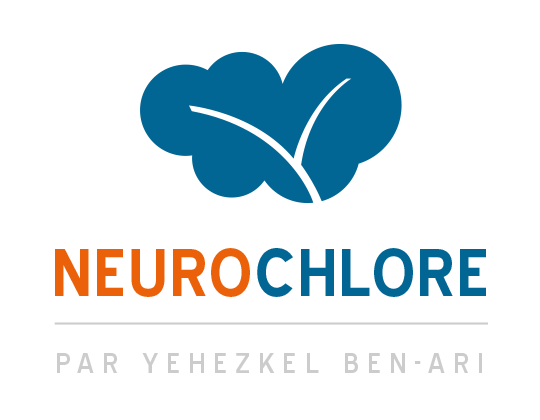News
A promising multicenter trial to alleviate autistic disorders
In animal models of autism spectrum disorder (ASD), the NKCC1 chloride-importer inhibitor bumetanide restores physiological (Cl−)i levels, enhances GABAergic inhibition and attenuates electrical and behavioral symptoms of ASD. In an earlier phase 2 trial; bumetanide reduced the severity of ASD in children and adolescents (3–11 years old). Here we report the results of a multicentre phase 2B study primarily to assess dose/response and safety effects of bumetanide. Efficacy outcome measures included the Childhood Autism Rating Scale (CARS), the Social Responsive Scale (SRS) and the Clinical Global Impressions (CGI) Improvement scale (CGI-I). Eighty-eight patients with ASD spanning across the entire pediatric population (2–18 years old) were subdivided in four age groups and randomized to receive bumetanide (0.5, 1.0 or 2.0 mg twice daily) or placebo for 3 months. The mean CARS value was significantly improved in the completers group (P: 0.015). Also, 23 treated children had more than a six-point improvement in the CARS compared with only one placebo-treated individual. Bumetanide significantly improved CGI (P: 0.0043) and the SRS score by more than 10 points (P: 0.02). The most frequent adverse events were hypokalemia, increased urine elimination, loss of appetite, dehydration and asthenia. Hypokalemia occurred mainly at the beginning of the treatment at 1.0 and 2.0 mg twice-daily doses and improved gradually with oral potassium supplements. The frequency and incidence of adverse event were directly correlated with the dose of bumetanide. Therefore, bumetanide improves the core symptoms of ASD and presents a favorable benefit/risk ratio particularly at 1.0 mg twice daily.
Scientific papers
- Smaller brain volumes after birth by Cesarean Section 24 March 2021
- The GABA developmental sequence is altered in a mouse model of Rett Syndrome 26 June 2019
- No stop-growing signal around birth in a rodent model of autism 24 January 2019
- Immune activation during gestation leads to hippocampal neuronal alterations already at birth 4 November 2018
- A promising multicenter trial to alleviate autistic disorders 14 March 2017
- The diuretic Bumetanide and the birth hormone Oxytocin point to a common pathway in the early pathogenesis of Autism in rodents 26 February 2014
- Treating Fragile X syndrome with the diuretic bumetanide: a case report 10 June 2013
- A randomised controlled trial of bumetanide in the treatment of autism in children 11 December 2012
- The GABA excitatory/inhibitory shift in brain maturation and neurological disorders 18 October 2012

